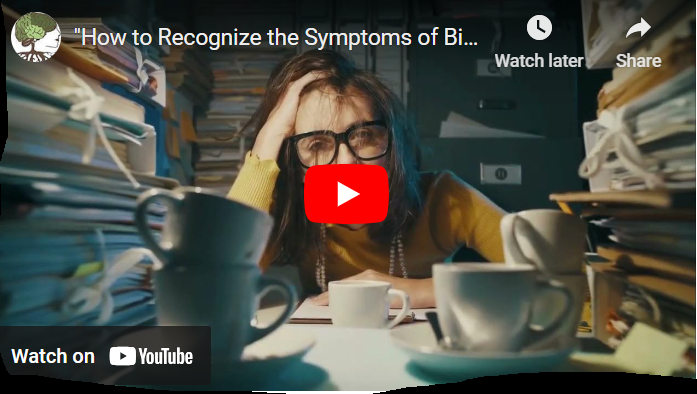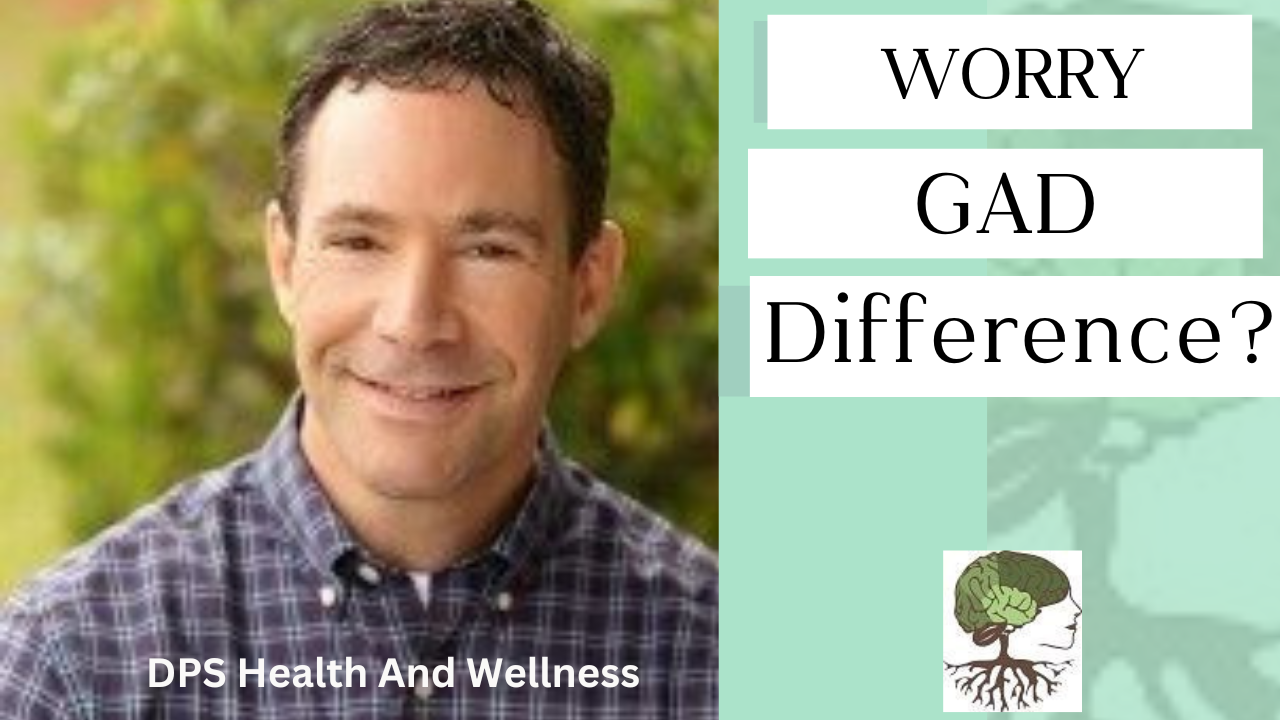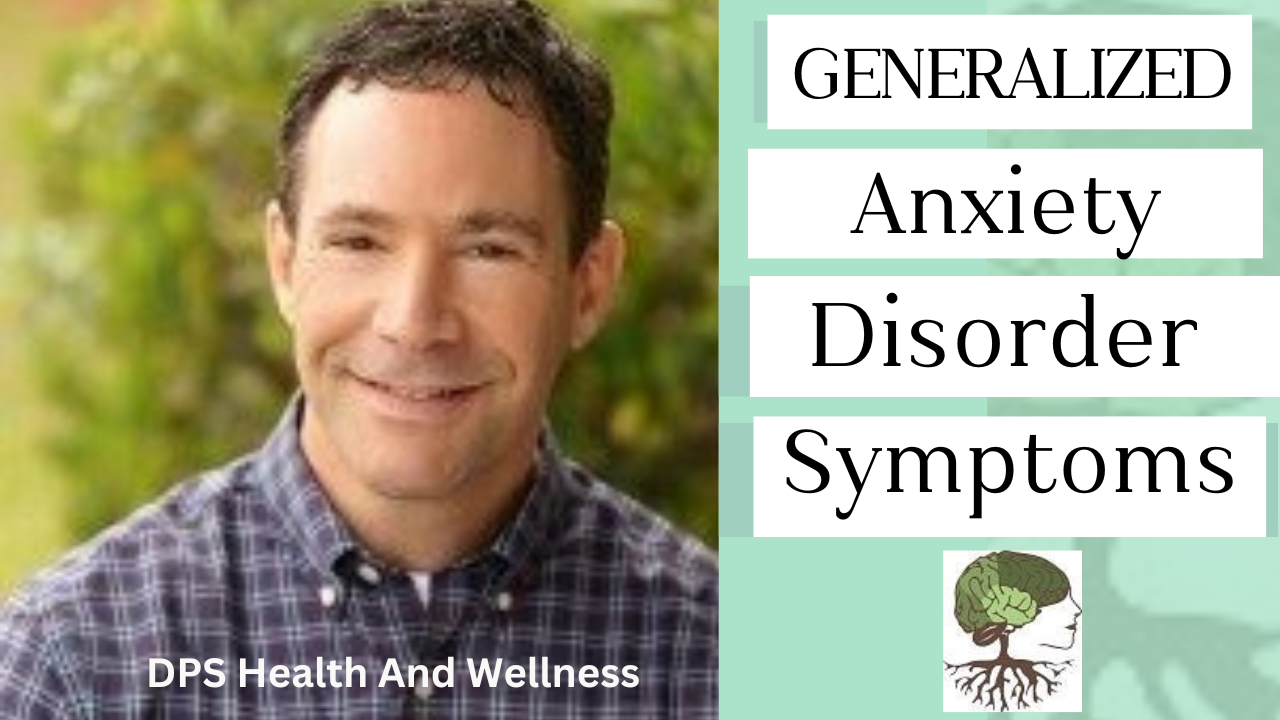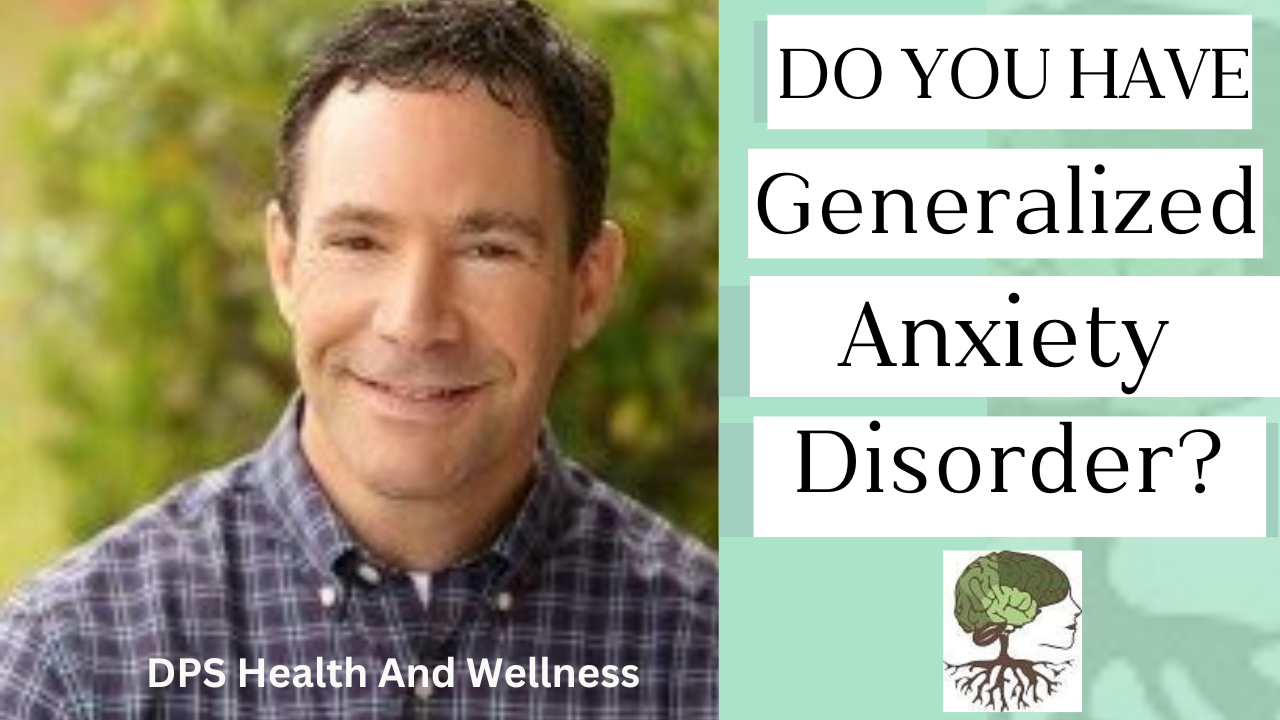Adult ADHD: 7 Effective Coping Strategies
Attention Deficit Hyperactivity Disorder (ADHD) can pose unique challenges for adults in various aspects of life. However, with the right coping strategies, individuals with adult ADHD can navigate daily tasks more effectively and enhance their overall well-being. Here are seven coping strategies to consider:
Utilize Tools and Technology:
Take advantage of organizational tools and technology to assist with time management and task prioritization. Calendar apps, reminders, and to-do lists on smartphones or tablets can help you stay on top of deadlines and appointments.
Break Tasks into Smaller Steps:
Large tasks can be overwhelming for individuals with ADHD. Break them down into smaller, more manageable steps. Completing each step provides a sense of accomplishment and makes the overall task less daunting.
Implement Routines:
Establishing routines and sticking to a consistent schedule can provide structure and predictability. Routines help create a framework for daily activities, making it easier to manage responsibilities and maintain focus.
Use Visual Cues:
Visual aids can be powerful tools for individuals with ADHD. Color-coded calendars, sticky notes, or visual schedules can help reinforce routines, priorities, and deadlines. These cues serve as reminders and promote organization.
Prioritize and Delegate:
Recognize the importance of prioritizing tasks. Focus on the most critical activities first and consider delegating less crucial responsibilities when possible. Prioritization helps prevent feeling overwhelmed by a long to-do list.
Practice Mindfulness and Relaxation Techniques:
Mindfulness and relaxation techniques, such as meditation or deep breathing exercises, can help manage stress and improve focus. Incorporate these practices into your daily routine to enhance overall mental well-being.
Seek Professional Support:
Consult with healthcare professionals, such as psychologists or therapists, who specialize in ADHD. Behavioral therapy and counseling can provide valuable tools and strategies for managing ADHD symptoms, improving coping skills, and addressing emotional challenges.
Remember that coping strategies may vary from person to person, and it may take time to find what works best for you. Consistent implementation of these strategies, along with professional guidance, can contribute to a more organized and balanced life.
In conclusion, adults with ADHD can successfully navigate daily challenges by adopting effective coping strategies. By incorporating tools, routines, and mindfulness practices into their lives, individuals with ADHD can enhance their overall well-being and achieve greater success in both personal and professional endeavors.







